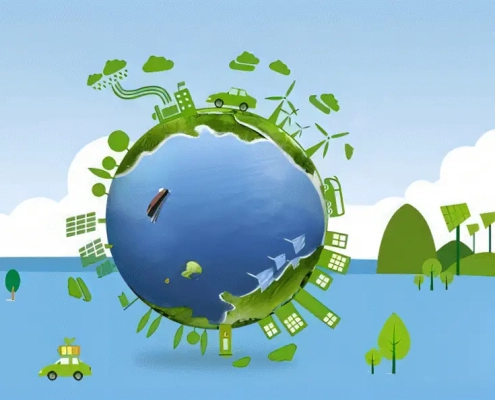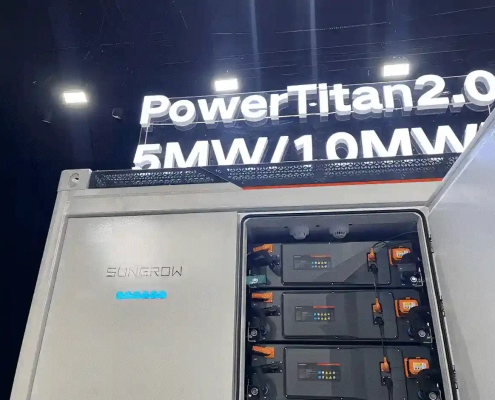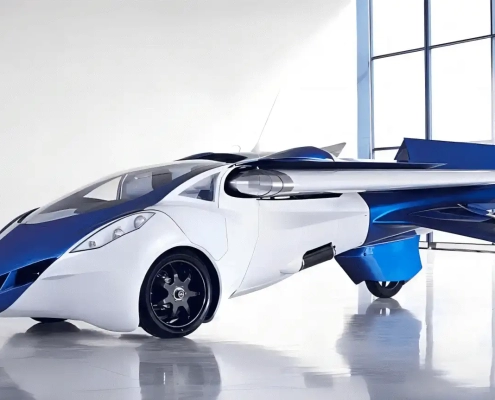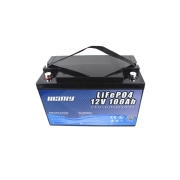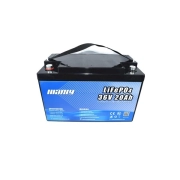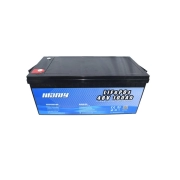The Rise of Car Lithium Battery Recycling
Table of Contents
In recent years, the battery recycling industry has started to grow quickly. Companies are rushing to enter this market, including big players like CATL and Tianqi Lithium. They all want a piece of the lithium battery recycling business.
So, why recycle lithium batteries?
1. Growing Demand for Lithium Batteries:
With the rise of electric vehicles (EVs), there’s a bigger need for batteries. Data shows that in May 2023, China sold 717,000 new energy vehicles, a 60.2% increase from last year. From January to May, the total sales reached 2.94 million, a 46.8% increase.
Globally, the International Energy Agency (IEA) states that by 2023, there’ll be around 14 million EV sales. This is about 18% of all car sales for the year.
The core part of these EVs? Their batteries. In 2022, the world used 513 GWh of EV batteries, a 90.7% increase from the previous year.
However, EV batteries last about 6-8 years. With more EVs on the road, we’ll soon have many old batteries to dispose of. Just in China, from January to August 2023, 113,000 tons of old car batteries were thrown away, a 78% increase. By the end of 2023, it’s estimated that 275,000 EVs will need new batteries, which means 13.6 GWh of old batteries.
Research predicts that by 2030, EVs worldwide will have to DISPOSE OF CAR BATTERIES that together have a capacity of 463 GWh.
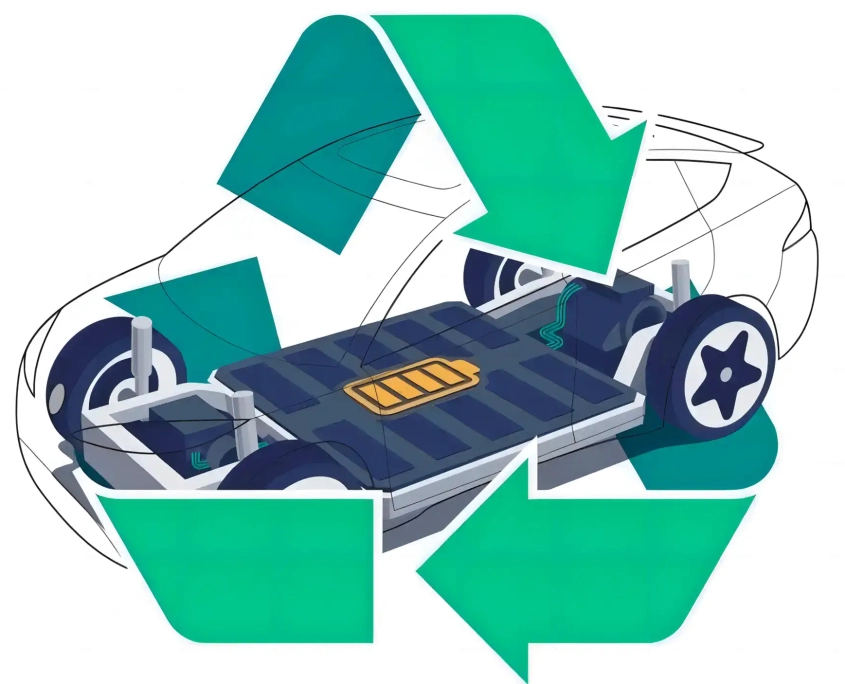
2. Government Policies Powering the Industry:
With many electric vehicles reaching the end of their battery life, governments worldwide are stepping in. They’ve made laws and rules to help grow the lithium battery recycling business. For example, the European Union (EU) set up the “Waste Electrical and Electronic Equipment Directive” (or WEEE Directive) in 2006. This directive covers how to dispose of car batteries, specifically old lithium batteries. It says that EU countries need to have a recycling system to make sure a good number of old batteries get recycled. Plus, it puts the responsibility on companies to recycle the lithium batteries they produce. China’s government departments are also on board. In 2018, they shared guidelines about encouraging and regulating the recycling and reuse of old lithium batteries. These guidelines are all about supporting projects that recycle and reuse car lithium batteries. They even offer incentives, like tax breaks and subsidies.
3. Advances in Recycling Technology:
Thanks to technology getting better, there are now reliable ways to recycle and reuse lithium batteries, and these methods are widely used. Some main techniques for recycling and reusing batteries from electric vehicles include:
- Pyrolysis: This method uses high heat to break down the chemicals in the battery. It simplifies these chemicals so they can be recycled.
- Hydrolysis: Here, the battery’s chemicals react with water. This makes a basic solution. Then, through electrolysis, it breaks down into raw materials.
- Chemical Method: This involves the battery’s chemicals reacting with other chemicals. They make new materials. These new materials are then used as raw materials.
- Electrolysis: This method breaks down the battery’s chemicals into raw materials using electrolysis.
4. Refinement of the Industry Chain:
The lithium battery recycling industry chain is becoming more refined. From collection to material processing to reuse, everything’s becoming more organized. Different parts of the business are finding their right roles, and the needed facilities are getting set up. As more recycling companies and tech providers jump in, the whole sector benefits and grows.
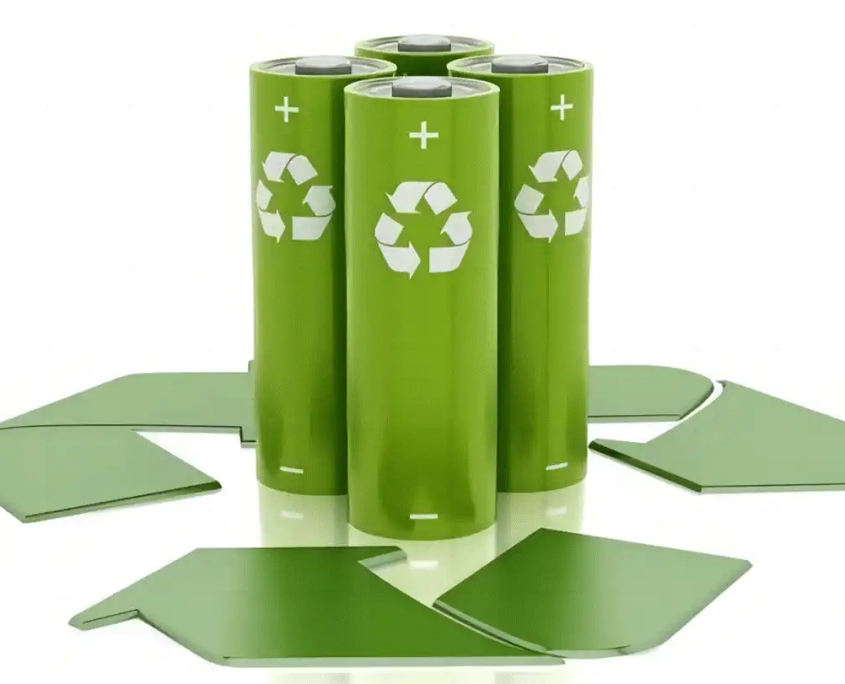
5. Three Practical Impacts:
- Benefit for Green Environmental Protection: Old power batteries have parts, like their electrodes and electrolyte, that can harm both the environment and people. Building up the used battery recycling industry and its tech helps cut down pollution from wasted metals and used electrolytes. This is a big step towards a green, low-carbon, and circular economy.
- Benefit for Securing Resources for the Battery Industry: Recycling done right means we get a stable supply of scarce resources like nickel, cobalt, lithium, and manganese. By reducing the need for raw mined resources, we help keep the battery industry safe.
- Strengthening Industry Collaboration: Lithium batteries are valued because their positive electrodes have pricey metals like nickel, cobalt, and manganese. Everyone in the industry knows how important it is to recycle and reuse these. With lithium carbonate prices going up lately, the focus on recycling other batteries, like those with iron phosphate, has also increased. Research says that third-party recycling firms work closely with battery producers. They recycle waste from the battery-making process to produce high-quality battery raw materials, seamlessly integrating into the battery industry’s supply chain. Recycling old power batteries and processing them into battery precursors can help increase the supply of upstream raw materials. This eases any supply shortages, drops resource market prices, and promotes collaboration throughout the industry.
In conclusion, it’s absolutely essential to properly recycle and dispose of car batteries, especially used lithium-ion batteries.

